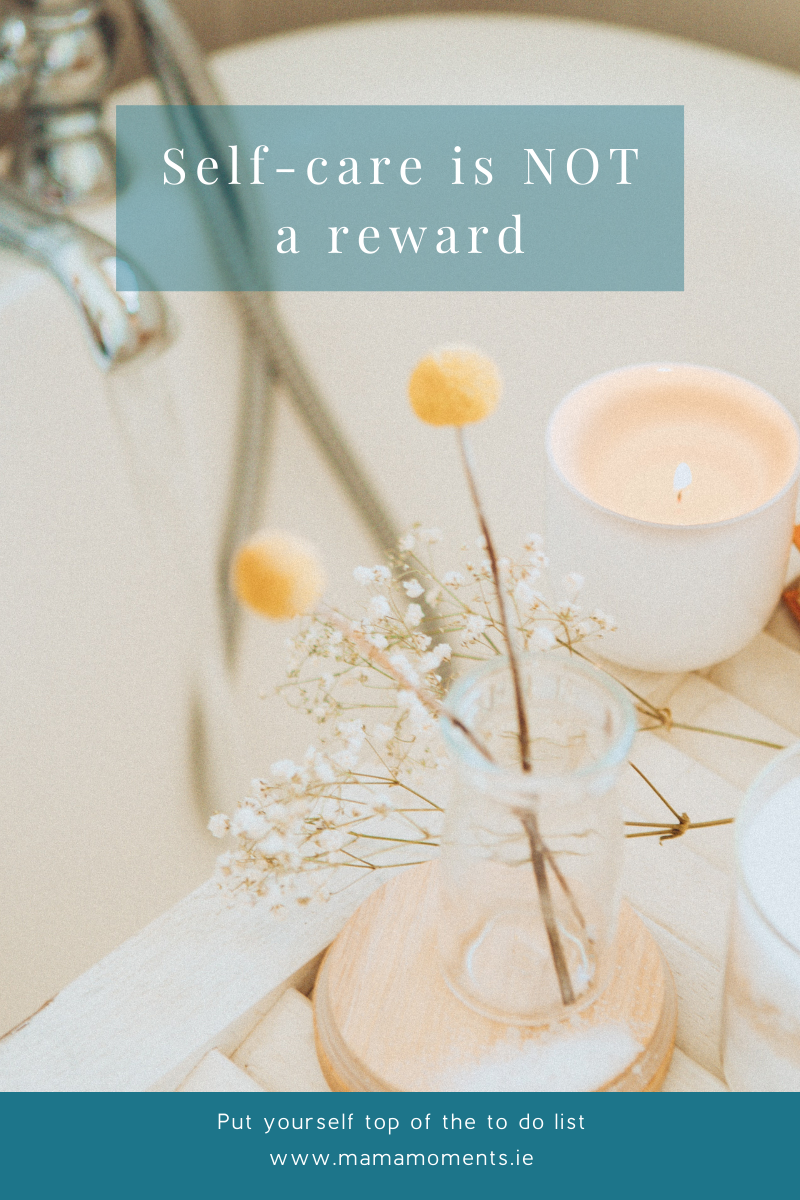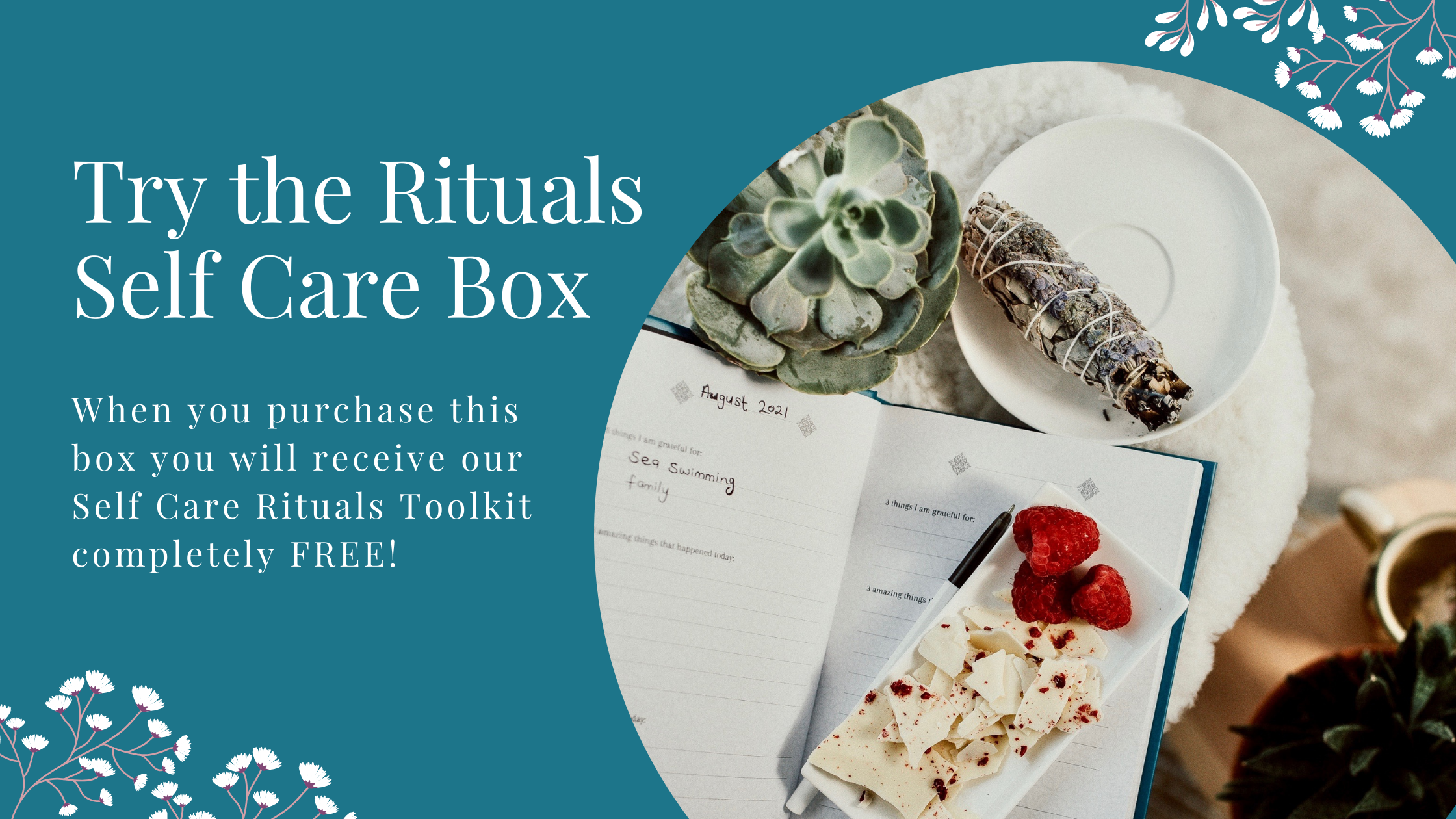 Rewards are certainly motivating. There’s nothing like settling down to the next chapter in your book with a hot coffee after ploughing through the list. A good pat on the back for all we have accomplished. You know how it is. We spend all morning catching up on yesterday’s chores with the promise of taking some time out for ourselves when it’s all done. A well-deserved reward for being that good Mama and getting our duties out of the way.
Rewards are certainly motivating. There’s nothing like settling down to the next chapter in your book with a hot coffee after ploughing through the list. A good pat on the back for all we have accomplished. You know how it is. We spend all morning catching up on yesterday’s chores with the promise of taking some time out for ourselves when it’s all done. A well-deserved reward for being that good Mama and getting our duties out of the way.
There are a few problems in waiting for that reward, however. The biggest being the fact that if we wait, it may never happen. The second being, we often use that reward as our moment of self-care which firstly, defeats the purpose of self-care and secondly, again, may never happen.
Whether it happens or not, many of us have a habit of attaching our most necessary moments of self-care to the idea of rewarding ourselves. Which is not a good habit to form.
“When I put the shopping away, I’ll have a cuppa.”
“When the beds are made, I’ll go for a walk.”
“When the kitchens clean, I’ll run a hot bath.
When, when, when, when. Self-care is one of those things we have great intentions of pursuing, yet still don’t validate as being essential. It sits at the end of the list, until the list is empty, and we finally find a ten minute window to squeeze in time for ourselves. Rewarding ourselves for a day well spent putting everyone else’s needs in front of our own, often too exhausted to appreciate or value the time we give to ourselves.
Self-Care is Not a Reward
There are times when we hold back on self-care as a way to encourage ourselves to tackle certain jobs quicker and better. This again is significantly counterproductive and negates the very reason we practice the art of self-care. In fact, it shows we don’t really know what self care is. What I really want to get across to you today, is that self-care is not a reward, nor should we see it as such.
There are two reasons essentially why we shouldn’t use self-care as a reward.
Firstly, it’s all well and good feeling a sense of satisfaction and comfort in knowing we have gotten through the Ta-Dah list, but using self-care as a reward, does not illustrate the true meaning of what self-care is and why we do it. In fact, waiting until we are satisfied we have done enough on the list is in a manner postponing our self-care. This gives more weight to the list rather than our needs and diminishes our instinct to care for ourselves. When we use self-care as a reward, we are not prioritising ourselves. And putting ourselves high on the list, even top of that list, is our priority.
Secondly, that list is endless. There is always something to be added to the odd jobs, the life admin, and the parenting responsibilities. The more we add, the more we have to set aside. Self-care and time for ourselves is usually the victim of a sliding to-do list, and discreetly falls off the list because we don’t give it enough value. Self-care is the always the first thing to be sacrificed when we fail to prioritise it. We all know the list is long. It’s exhausting.
But perhaps imagine you took time for self-care before you even tackled that list?
You feel rejuvenated, inspired, cared for.
Do you imagine you would you have more energy, mentally and physically?
Would you feel appreciated and calm?
Do you think putting yourself on the list before tackling the workload would fill your cup?
There is only one answer.
Yes!!
Self-Care is a Process
Self-care in itself is a process whereby we appreciate and honour ourselves enough to take the time to focus on our mental and physical health. Creating a healthy space for ourselves encourages our growth in so many ways - mentally, physically, and spiritually. For this reason, we can not see self-care as a reward. It is a basic human right and quite simply something we deserve.
Self-care should not be seen as something necessarily special, such as a reward or an incentive. If it becomes something out of the ordinary, the chances of it disappearing are quite high. Self-care needs to be a routine we recognise as essential to ensure its continued, and to safegueard it as necessary and non-negotiable in our lives.
The more we understand its long-term effects – a happier, healthier, more fulfilled you - the more we will recognise its importance.
So how do we do that?
We flip it.
Flip our understanding of self-care. Instead of seeing it as something we do for ourselves because we work so hard (in other words as a reward), we see it for what it really is which is an essential act of caring for ourselves, inside and out, which needs to be put first on the list, or at least as high as possible on the list.
Self-care is not a reward for the work we have done.
Self-care is prioritising ourselves, so we nurture ourselves to be the person we want to be.

